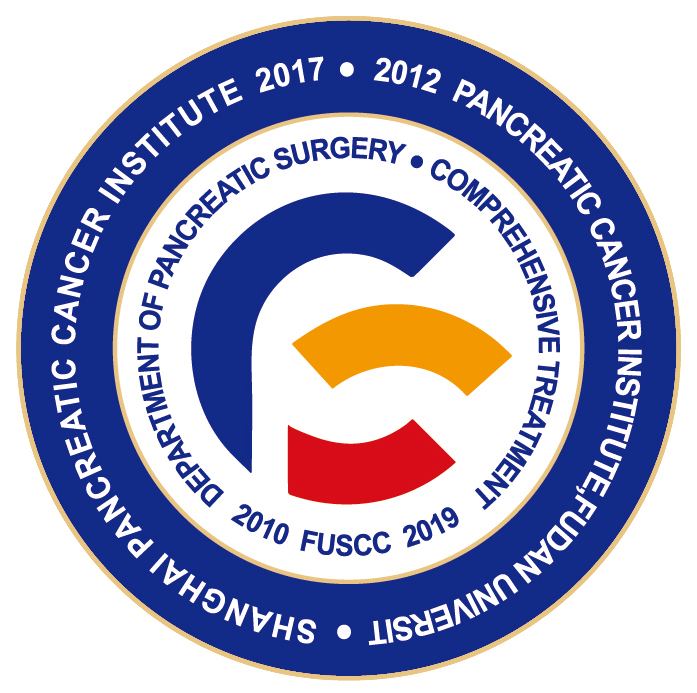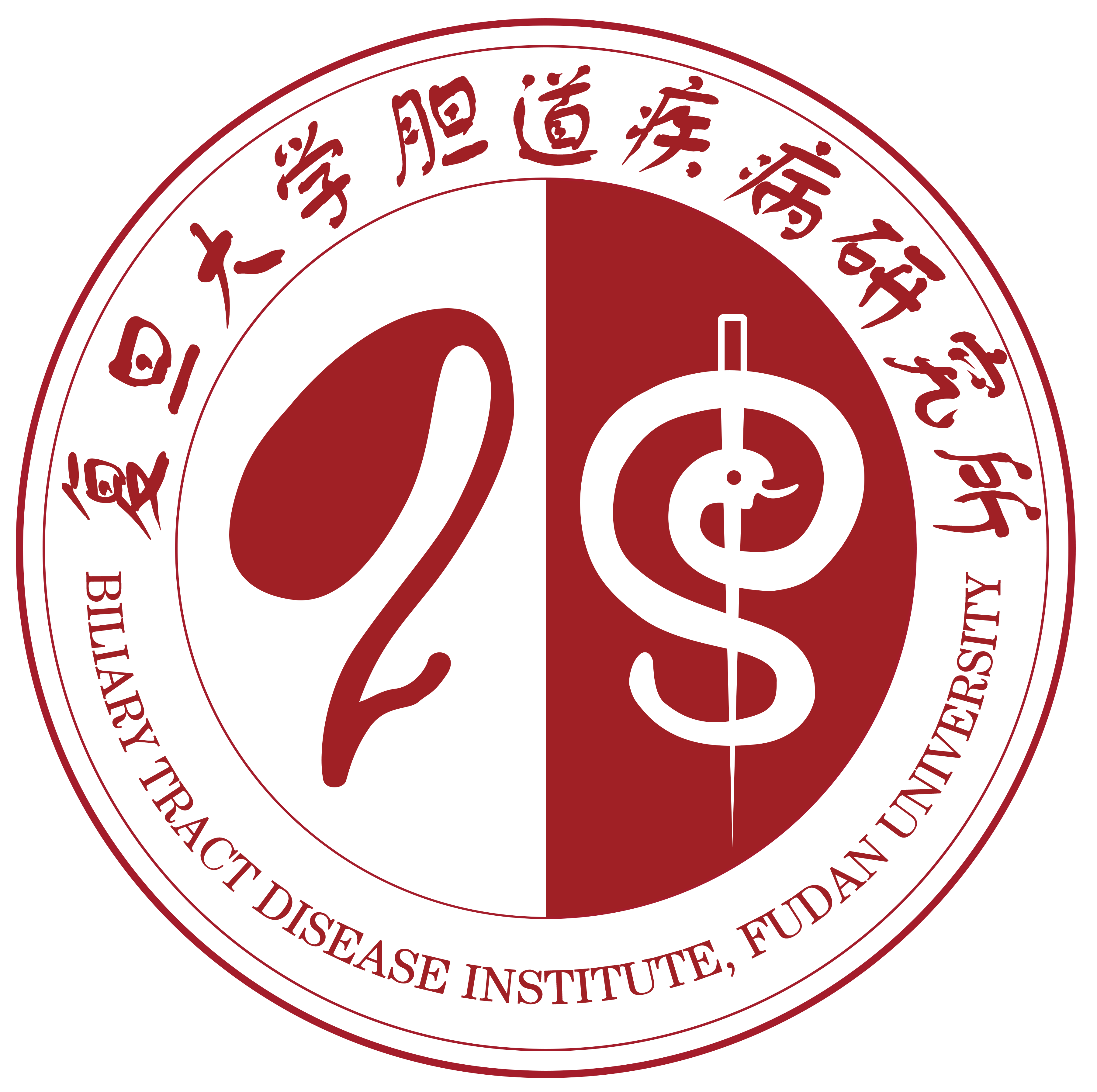With a medical degree in Hungary, Tibor Wittmann specialised in internal medicine and gastroenterology. Upon his PhD in 1986, at University of Szeged he was nominated a permanent professorship at Faculty of Medicine, where he is the head of the First Department of Medicine from 2007. He focused his studies on the experimental and clinical exploration of gastrointestinal motility, visceral sensitivity and inflammatory bowel diseases (IBD). He established a permanent cooperative work with the Neurogastroenterology and Motility Unit of INRA in Toulouse, France. He evaluated the adaptation of gastrointestinal motility after intestinal resection and after stress. He studied the pathogenesis of irritable bowel syndrome (IBS), Barrett-esophagus, and motility disorders related to diabetes mellitus and the effect of continuous enteral feeding on the gut motility and the pancreatic exocrine function. He invented new clinical diagnostic methods for the exploration of the esophago-bronchial and esophago-cardiac reflex in patients with gastroesophageal reflux disease. He studied the role of Ca-channel blockers in the treatment of IBS and the clinical efficacy of biological therapy in IBD. He trained tens of postgraduate students. Each of them obtained PhD degree. He published 177 full papers and 80 books and chapters. He participated as an invited lecturer in a number of international congresses in gastroenterology. He coordinated several European/national projects, and participates in UEG education. He received many academic honors including the highest award of the Hungarian Society of Gastroenterology (2009). Innovative longstanding clinical research has ever been a pursuit in his academic career.















